|
Written by Laura Dobrowolski, Executive Director of IAFR Canada. Last year, I was able to visit Dzaleka Refugee Camp in Malawi, home to more than 55,000 people. On this visit I met with many inspiring leaders who seek to build peace and hope within the community. 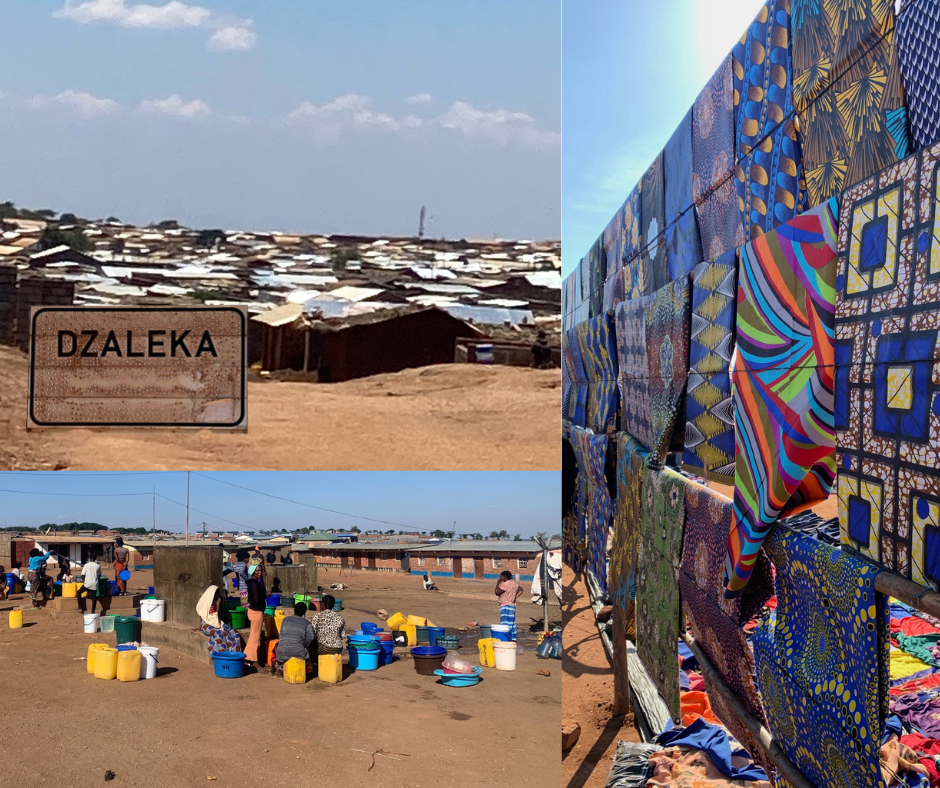 One such leader was Pastor Justin, an energetic entrepreneur who happily toured me around the brick-making enterprise his church engages in to support its ministry work, as well as the plot of land he farmed to supplement his own needs and the widows and single mothers within his community. It was inspiring to witness the kind of initiative and solutions that he and his community had generated to address the needs before them, given how difficult the conditions were in the camp. Fast forward to this past June. The World Food Programme (WFP), facing shrinking revenue and increasing costs, cut a large number of refugees off the distribution list. Even though the distribution amounts to approximately 15 cents per day, at least 300 vulnerable households were immediately plunged into dire straits. Over the next couple of years, the WFP plans to systematically cut all camp residents in Dzaleka off the household distribution. In addition, Malawi’s policies make opportunities to earn a living outside the camp very limited. As a result, the majority of refugees in Malawi are completely reliant on food aid and other external assistance for survival. Dzaleka camp residents are facing a food crisis and the need for durable solutions is pressing. When the cuts by the WFP happened, Pastor Justin was already thinking about solutions. Could we acquire some land and train camp residents to farm? He felt the urgent need to equip people with the tools with which they could do something to address the crisis at hand. Meanwhile IAFR Canada met with another Canadian charity, Thrive for Good, who trains leaders to farm small patches of land called Life Gardens. This model has already worked in many countries, including Rwanda and Kenya. Life Gardens work with a minimum of 6 hours of sunlight and a minimal amount of water, enabling people to grow nutrient-rich food. It is sustainable, scalable and low-complex. It increases access to nutritious food and involves low-cost technology. The idea emerged to support Pastor Justin’s farming solution with the expertise of Thrive for Good’s Life Garden model.
In the meantime, IAFR is looking to support the current need for food with an emergency shipment of dried vegetable mix through a partnership with Ontario Christian Gleaners. This organization provides 3 lb packages of dried vegetable and protein mix, that when reconstituted provides 80 servings of nutritious meals. A full container shipment of the vegetable mix will provide 1 million servings to help sustain people now.  Over the long term, we are partnering with INUA Advocacy, an on-the-ground refugee-led organization who advises governments on the development of healthy refugee policies centered on self-reliance, participation and sustainability. INUA has been a trusted frontline advocate for the reinstatement of vulnerable households that have been systematically and wrongfully removed from the WFP distribution. They will continue to lobby and campaign for better laws for refugees and will press the Malawian government to follow through with implementing their Refugee Integration plans pledged in 2019. The fulfillment of these pledges would enable residents and partners to grow farming beyond small individual pieces of land into larger spaces that can support more people and can provide food that will go to market. This advocacy will therefore underpin the food crisis response so that refugees can eventually exercise the right to work and to mobility within the country, giving them the opportunity to establish food security and to flourish as contributing members within the country of Malawi.
0 Comments
Your comment will be posted after it is approved.
Leave a Reply. |
WELCOME!
Our vision is to help people survive and recover from forced displacement. We do this together with the church, both globally, and locally in Canada. Archives
May 2024
Categories |
ABOUT IAFR.CA |
OPPORTUNITIES |
AFFILIATES
|
CONTACTIAFR Canada
374 Sheppard Ave E Toronto, ON M2N 3B6 [email protected] Please Note: IAFR Canada does not sponsor people to resettle in Canada. You may want to contact one of Canada's sponsorship agreement holders. |
|
*IAFR Canada is a distinct organization from IAFR USA
All photos on this website are by IAFR unless otherwise noted |
© 2020 International Association For Refugees Canada

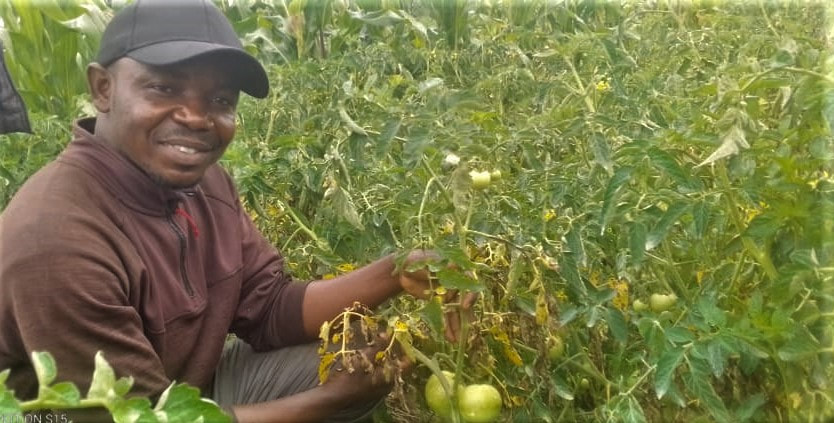
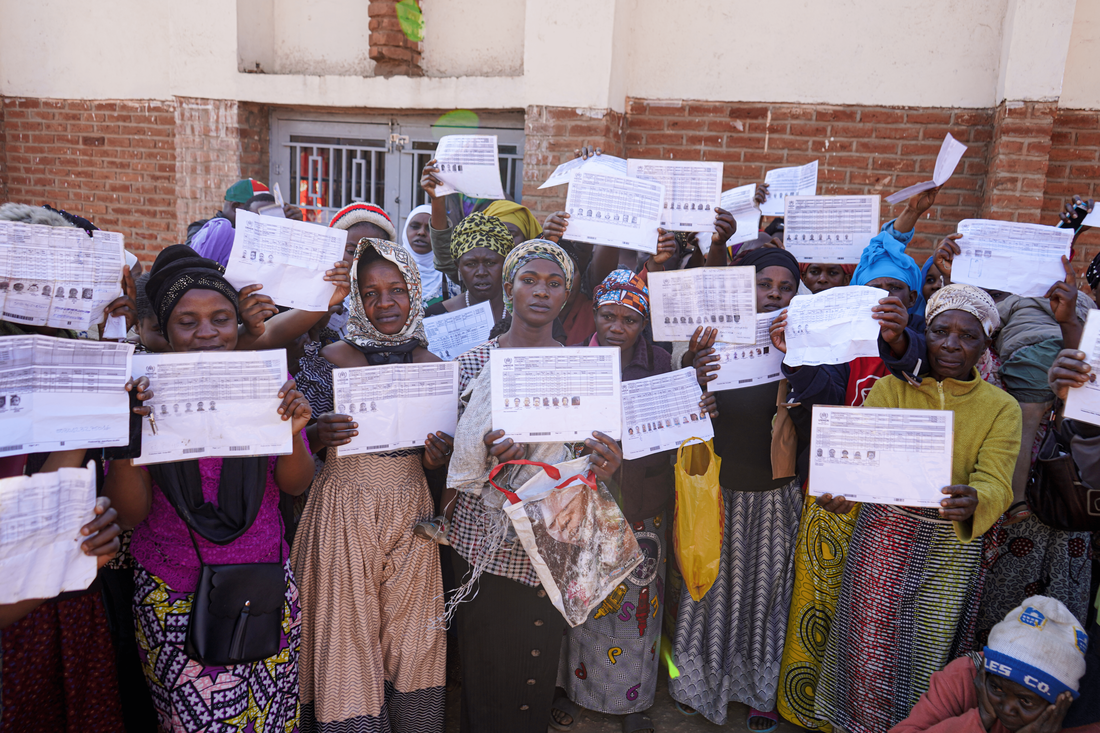
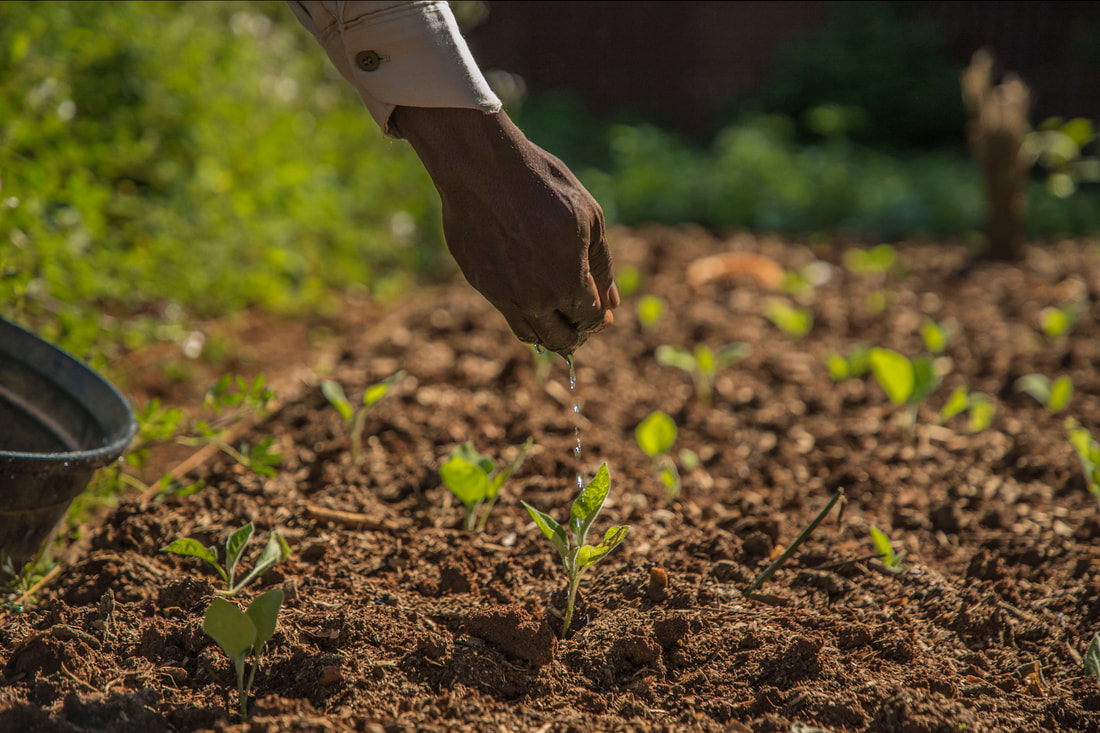
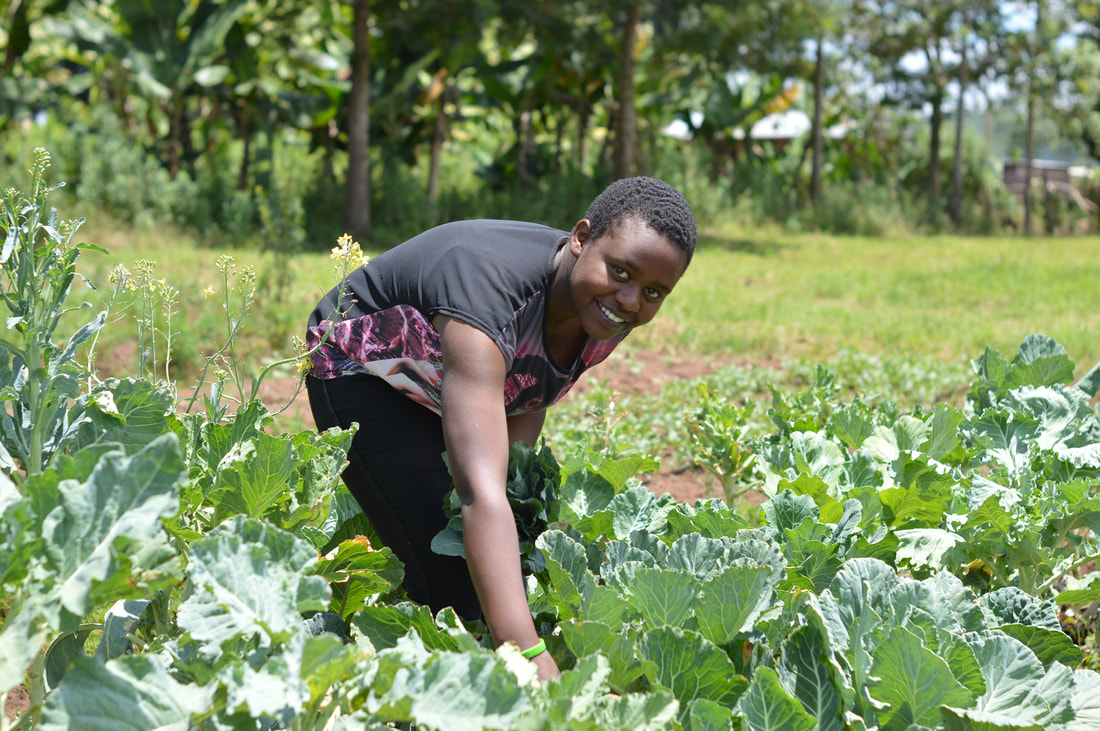
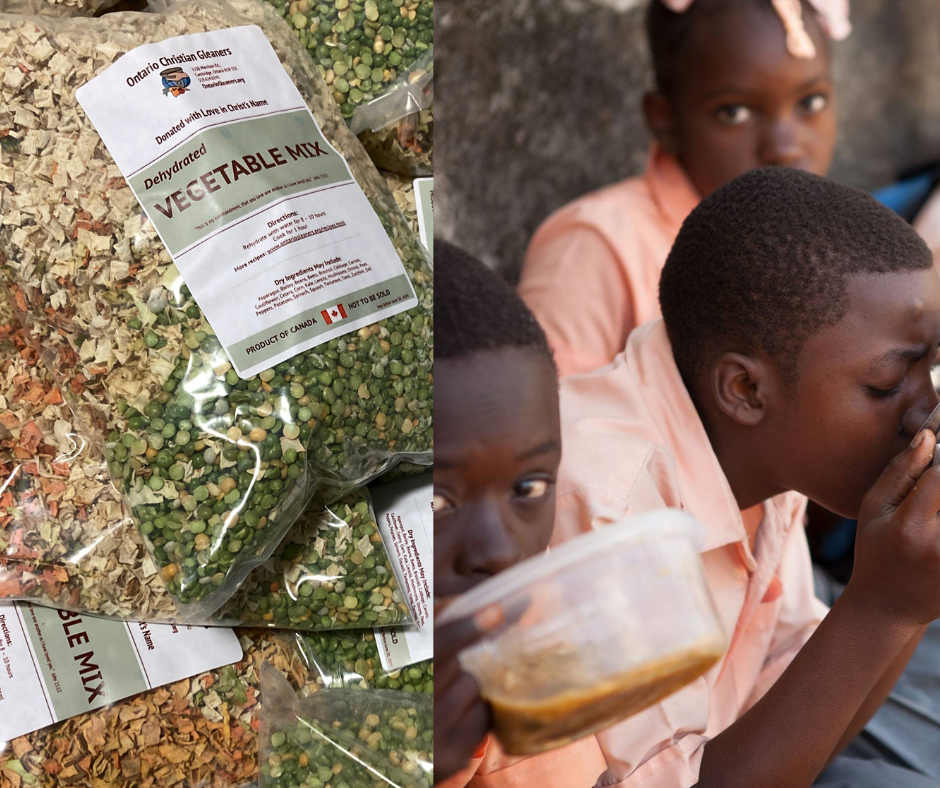
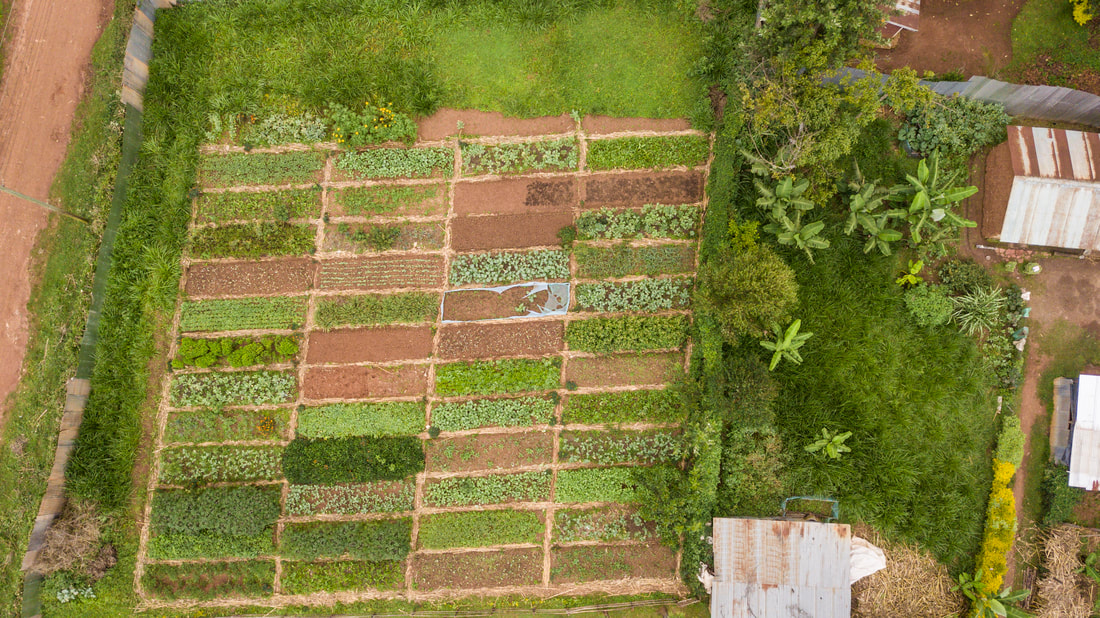
 RSS Feed
RSS Feed